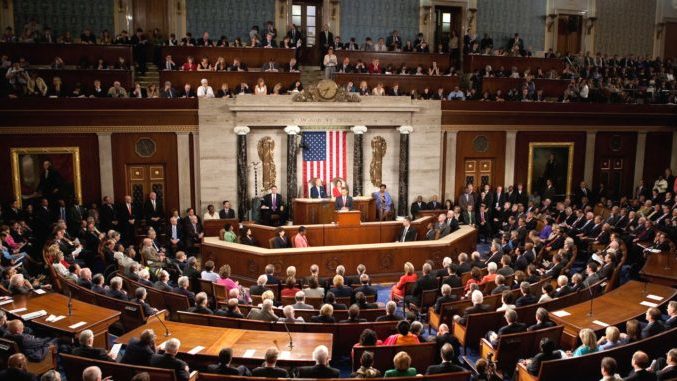
As Trump’s Presidency is likely drawing to a rapid close, it seems like an excellent time to address the purpose of this site. It was never, in any way, set up to be an anti-Trump location, but by dint of trying to appeal to reason and decency yet having a strong political focus it has by default become one.
I, for one, will be glad when I can relegate discussions of the current President to the past. I expect to target what I feel are the policy mistakes of whoever his successor happens to be (at this point, that overwhelmingly looks to be Biden, but depending on fate and how the COVID-19 situation shakes out that could change.) Beyond that, however, the original intent of the site is called to mind: a forum for respectful discussion of political, fiscal and social issues.
To that end, I’m offering a bit of a thought exercise and a challenge. I hope it will be useful. What I’d like to do is present a known issue and some of the parameters which create the perception of a problem around that issue. From there, I’d like to ask for… debate. The type of civil, respectful, thoughtful debate that Congress is meant to perform, and which many of our Congressional members seem to have abandoned.
I request potential solutions, and the interjection of problems seen stemming from those solutions. I ask for examples of local approaches to fix the problem that seem to be working, and examples of what has failed. No cheap one-upsmanship, no vendettas, no trying to when rhetorical points just to prove one can. We’re looking to see if actual solutions might be found that could reasonably be presented to business groups and town councils as a way of improving daily life… or if, in fact, there’s no real problem there at all and the best approach might simply be to leave the issue alone.
If this works, I’ll come back with another topic for next weekend. If not, it was worth making the attempt.
So, for today: Live music. Here’s the problem, as I understand it:
Professional musicians have been a part of American society since its outset. Over the course of the 20th century, increased prosperity and automation led to a situation where entertainers became more valuable and demand for music increased throughout the country. Some musicians even became wealthy simply through sales of their recordings.
The rise of the internet and cellphones significantly reduced the profits available for musicians, as people shifted away from purchasing records and compact discs into simply downloading a song from a free site. Artists responded by playing more live venues and often by increasing ticket prices, allowing them to stay solvent despite the revenue loss from the recording industry.
This, in turn, led to a slew of new live venues and jobs for associated workers like roadies, sound engineers and merchandise makers.
COVID-19 has impacted the entire industry. Indoor concerts have become dangerous, whether they are small venues with a handful of people (where one infected person can fill the room with aerosolized droplets and spread the disease) or huge stadiums (where people are typically packed together too closely and can engage, however unknowingly, in direct transmission.)
What would you suggest be done, if anything, to try to keep the live music industry afloat?
